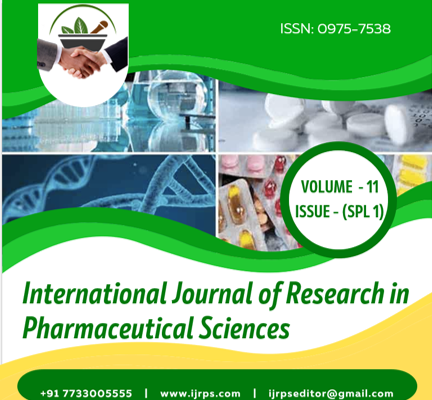Abstract
Hydroxychloroquine (HCQ) has previously been shown to inhibit coronavirus replication in vitro. But antiviral properties mechanisms are not well known, HCQ is a weak base that accumulates in lysosomes, modifies their pH, and interferes with some enzymes. In the lack of confirmed efficacy, the initial potential risk is not to expose patients to adverse effects. However, results from preliminary clinical studies have drawn inconclusive results regarding the efficacy of HCQ in coronavirus disease 2019 (COVID-19), due to several important weaknesses in research methodologies. Hypokalemia often occurs in patients infected with severe acute respiratory syndrome coronavirus 2 (SARS-CoV-2), possibly due to the particular tropism of SARS-CoV-2 with regard to Angiotensin-converting enzyme 2 (ACE2). The wide use of HCQ, even against medical advice, will show an impact on ongoing clinical trials. It is important that we can recruite COVID-19 patients in these research studies to generate appropriate data regarding drugs that show promising efficacy against COVID-19. Currently, only doctors should be allowed to prescribe HCQ, and treatment should be confined to hospital settings, with proper cardiac and therapeutic drug monitoring.
Full text article
Authors

This work is licensed under a Creative Commons Attribution-NonCommercial-NoDerivatives 4.0 International License.

